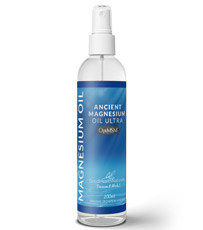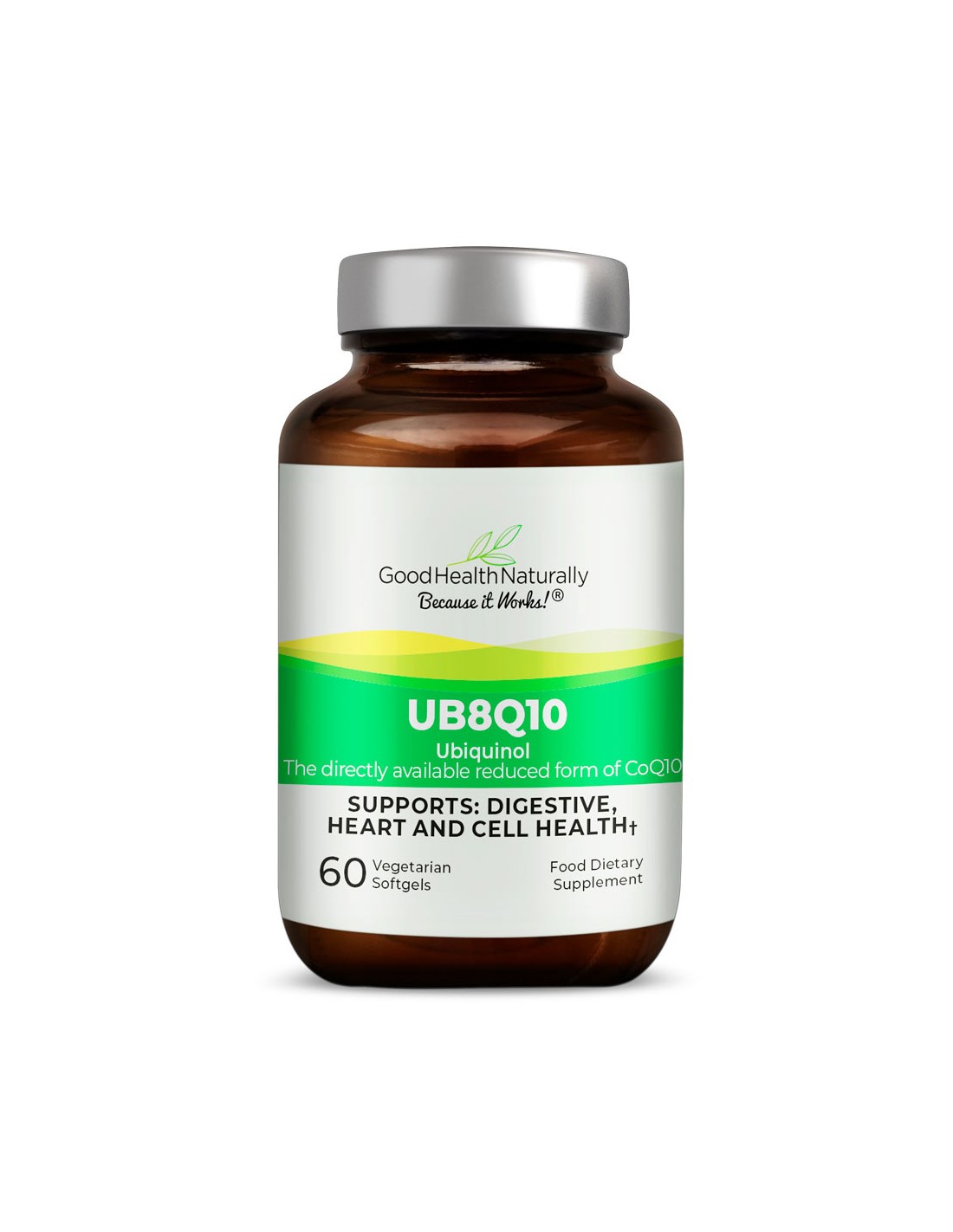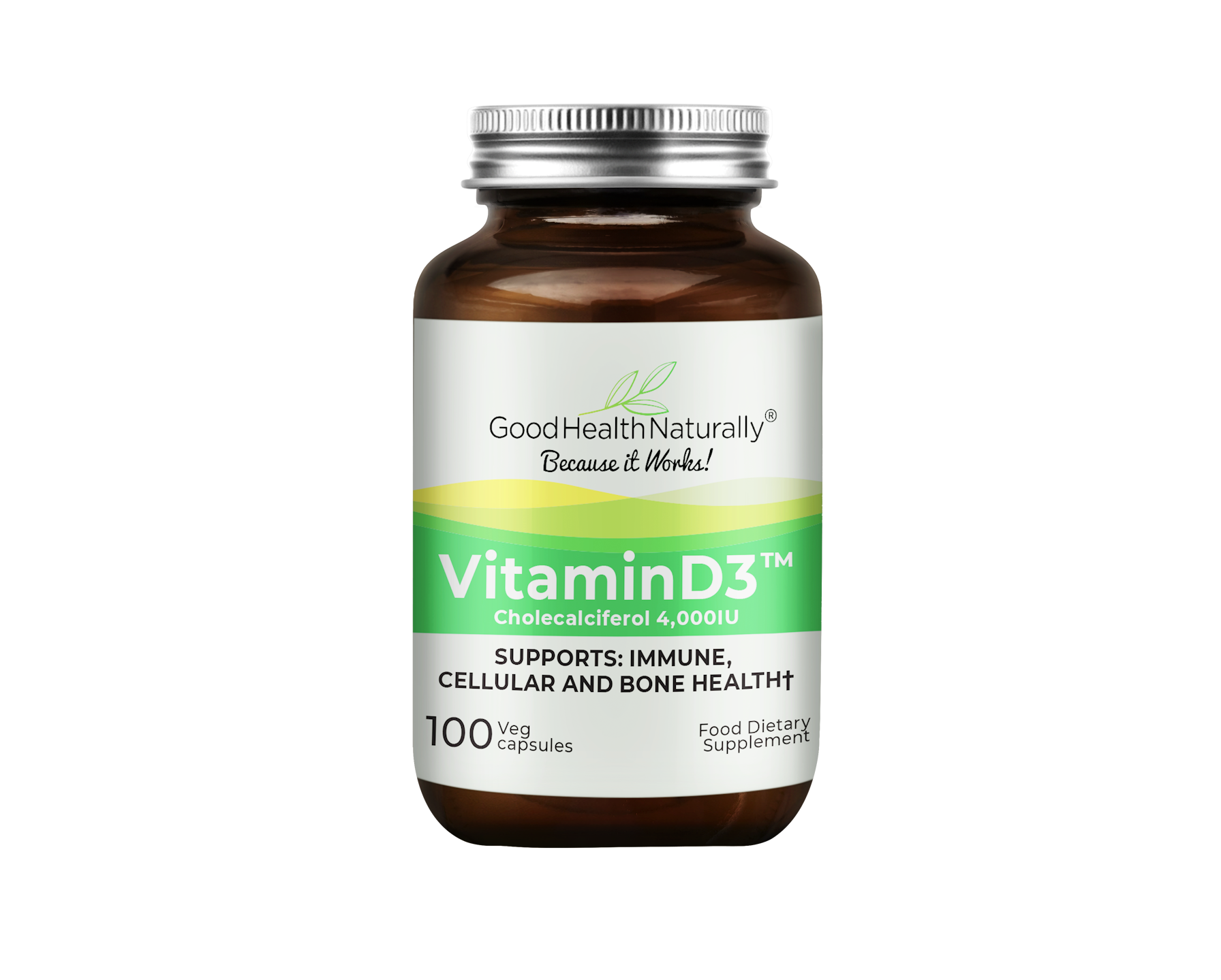Understanding Migraine Attacks
While the exact cause remains elusive, researchers believe a combination of genetic, environmental, and neurological factors contribute to the onset of the headaches. They have been linked to all kinds of things, including such as allergies, stress, hormonal changes and even dental problems. Genetics may also play a role, as people with a family history of migraines are more likely to experience them.
The physiological mechanisms are still not completely understood, but it is believed they involve a combination of vascular and neurological factors. Changes in blood flow to the brain, as well as abnormal brain activity, may both contribute to the onset of migraines.
Avoid Triggers for Migraine Relief
Identifying and avoiding triggers is an essential aspect of finding migraine relief for many sufferers. They are diverse and can include certain foods such as chocolate, cheese, and processed meats, hormonal changes in women related to menstruation, pregnancy, or menopause, stress, lack of sleep, changes in weather, and certain medications.
Manage Stress
Stress is a well-known trigger for migraines, and incorporating mind-body practices helps in managing this aspect. Research shows that yoga, meditation, and deep breathing can help reduce the frequency and intensity of migraines by promoting relaxation and stress reduction. A study in the “Headache” journal found that mindfulness-based activities helped reduce and significantly decrease migraine frequency.
Magnesium – The Mighty Mineral
Most people are deficient in this crucial mineral to varying degrees, because they are not getting enough in their diet. Magnesium is essential for brain and nerve function, so it should come as no surprise it is gaining attention for its potential in migraine relief. Studies indicate a potential link between magnesium deficiency and an increased susceptibility to migraines. The exact reasons are not entirely understood, but several theories exist. Depleted magnesium levels contribute to inflammation and oxidative stress, both considered potential triggers for headaches. Also, when magnesium is low, the blood vessels narrow and constrict, which may play a role in migraines.
It has also been suggested magnesium may block signals leading to auras and visual disturbances. Research has found half of migraine sufferers are deficient at the time of an attack. Therefore, magnesium is certainly a promising candidate for migraine relief. Incorporate magnesium-rich foods like leafy greens, whole grains, nuts and seeds into the diet or consider magnesium supplementation.
Energise with CoEnzyme Q10
Another essential nutrient which has come under the migraine spotlight is Coenzyme Q10. It occurs naturally in the body and is renowned for its role in energy production within cells, but it can become depleted as we age. A growing body of research suggests a potential link between CoQ10 deficiency and migraines. The antioxidant properties of CoQ10 are believed to protect the brain from oxidative stress, a factor implicated in migraine attacks. It is also theorised that a lack of cell energy in the brain may also cause headaches.
In a randomised controlled trial published in the “Neurology” journal, participants who took CoQ10 experienced a significant reduction in the frequency of migraine attacks. While more research is needed, incorporating CoQ10-rich food like fish, poultry, and whole grains or considering CoQ10 supplements is a valuable consideration for migraine relief.
Shedding Light on Vitamin D
In recent years, vitamin D has gained recognition for its potential impact on migraines. A study published in the journal Headache found participants with lower vitamin D levels experienced more frequent and severe migraines. Studies show that if those prone to migraines optimise their vitamin D levels, it may help reduce the number of attacks and the duration of the headaches. This could be because it helps regulate neurotransmitters and protects against oxidative stress. It also has anti-inflammatory properties and plays a role in modulating the immune system. Both of these are believed to contribute to its potential migraine-relieving effects. Sun exposure is a natural source of vitamin D, but supplements can be a convenient way to top up levels for those with limited access to sunlight or difficulty synthesising the vitamin.
Conclusion
As our understanding of migraines continues to evolve, so does the exploration of natural solutions. Magnesium, Coenzyme Q10, and Vitamin D, with their unique roles in neurological health, energy production, and immune modulation, respectively, offer a promising avenue for those seeking migraine relief. The integration of these supplements, along with lifestyle modifications and stress management techniques, may contribute to a more holistic approach to migraine prevention and relief.
References
1 https://www.ncbi.nlm.nih.gov/pmc/articles/PMC4208769/
2 https://www.ncbi.nlm.nih.gov/pmc/articles/PMC4208769/>https://pubmed.ncbi.nlm.nih.gov/29571016/
3 https://www.ncbi.nlm.nih.gov/pmc/articles/PMC4208769/>https://www.ncbi.nlm.nih.gov/pmc/articles/PMC7551876/
4 https://www.ncbi.nlm.nih.gov/pmc/articles/PMC4208769/>https://pubmed.ncbi.nlm.nih.gov/31377873/
5 https://www.ncbi.nlm.nih.gov/pmc/articles/PMC4208769/>https://www.aan.com/PressRoom/Home/PressRelease/185







